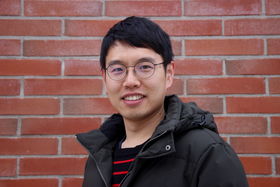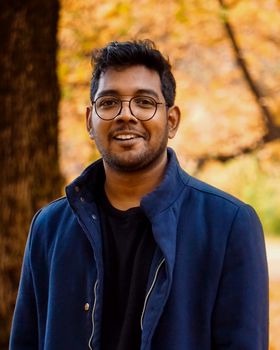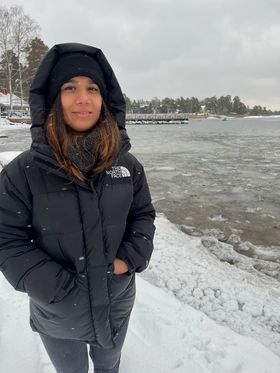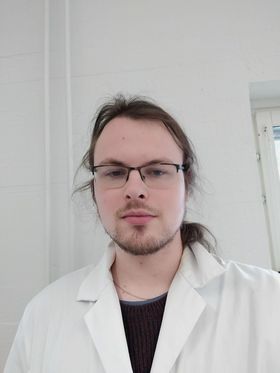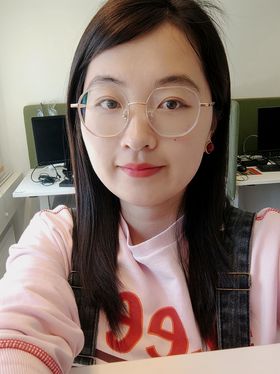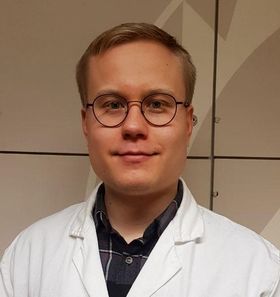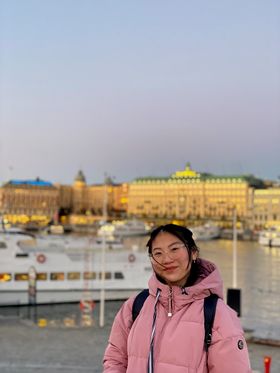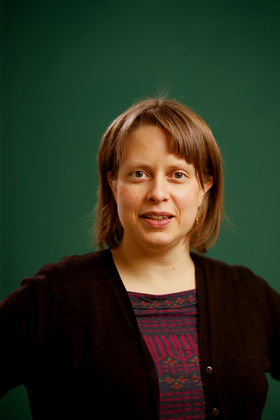Materials Chemistry of Cellulose
Research themes:
1. Plant cell wall polymers in 2D
Focus is on building morphologically distinct 2-dimensional structures from well-defined cell wall components, such as cellulose nanocrystals or amorphous polysaccharides. The structures can be positioned on a flat, smooth surface to provide means for observing fundamental interactions between plant cell components when confined in 2D space. The results can also be applied to utilizing interfacial phenomena in more realistic materials like plant-based fibres where, for example, adsorbing elements are used to perform certain tasks on the fibre surface.
2. Cellulose-inorganic hybrids: new family of thin films for energy materials
This effort centres around building thin films from cellulose-based and inorganic materials. Electrical and thermal conductivity as well as optical properties of the films are under particular scrutiny and the application targets are therefore set in energy materials, such as thermoelectric devices. Our group’s wide-ranging knowledge on manufacturing various kinds of cellulose and cellulose derivative films are utilized in tuning the desired film properties. This is a consortium with VTT High Performance Fibre Products and an integral collaboration with Inorganic Chemistry group at Aalto.
3. Towards realistic, green, and low-cost production of cellulose nanocrystals
This project aims <strong>at overcoming or circumventing the bottlenecks in cellulose nanocrystal production. Instead of the conventional liquid acid / solid fibre system, a gas/solid system is applied in a custom-built reactor. Various ways of dispersing the nanocrystals from a hydrolyzed fibre matrix are at the centre of this effort. The concept report on the industrial feasibility of the gaseous HCl hydrolysis method can be found here.

Meet the team:
Professor Eero Kontturi, Head of the research team
CONTACT:
Materials Chemistry of Cellulose
Department of Biotechnology and Chemical Technology
Aalto University, Espoo, Finland
+358503442978
Research group members:
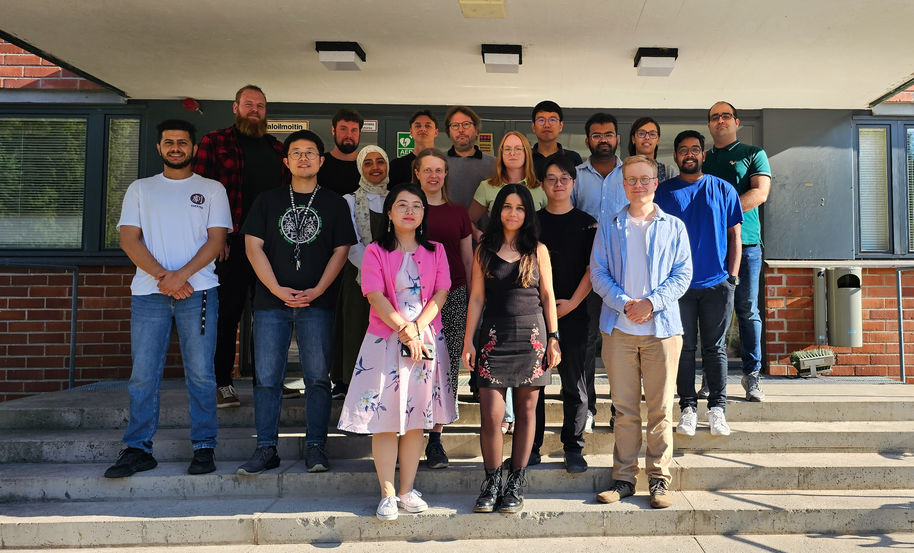
Group members' biographies: PostDocs
I received my M.Sc. (2015) and Ph.D. (2019) degrees in Chemical Engineering from Åbo Akademi University, Finland. I have background in fractionation, chemical modification, characterization, and utilization of wood-derived (bio-) polymers. My PhD thesis was focusing on the utilization of wood-derived biopolymers with different 3D printing techniques for biomedical applications. I joined the group of Materials Chemistry of Cellulose in January of 2019 as a shared postdoctoral researcher (together with Associate Professor Torbjörn Pettersson, KTH). My current research is based on one of the Tandem forest value projects i.e. ‘Strongly adsorbed polymer layers for modification of cellulose surfaces towards new functional materials (STRONGAD)’.
+358504751741
I am a material chemist with strong background in colloidal and interface science, particularly related to wood-based materials. I received my doctorate from Chalmers University of Technology in Sweden in 2022. In my doctoral research I delved into the interactions between polyelectrolytes and cellulose surface, as well as specific ionic effects in such interfacial processes to develop resource efficient fiber modification strategies. I joined the "Material chemistry of cellulose" group at Aalto University in September 2022. Here, I work in FuturoLEAF project funded by the European Research Council to develop the next generation of photosynthetic cell factories.
I received my PhD in Chemical Engineering from the University of Concepción, Chile, in May 2022. During my studies, I gained experience working with natural and synthetic polymers in the fabrication of graphene oxide-based biomaterials (aerogels, hydrogels and electrospun nanofibers). I also obtained extensive experience working with bacteria, cells and animal models. In September 2022, I joined Prof. Eero Kontturi's group at Aalto University as a Postdoctoral Researcher in the AlgaLEAF project. In this project I am involved in the synthesis and characterization of novel cellulose-based scaffolds for photosynthetic cell factories. My main interests encompass the study of the structure-properties relationships of bio-based materials and biopolymers for different applications.
Subgroup: “Gels and Cells”
My background is multifaceted: During my master’s, I prepared membranes from mushrooms for industrial water purification, establishing a green and inexpensive way to clean wastewater. In my PhD, which also took place at the University of Vienna, I manufactured hierarchical composites with excellent electrical conductivity and enhanced compressive strength, a critical property in the field. Simultaneously, I was working on the “Co-Corporeality” project, a collaborative project with the aim of creating responsive materials. This project allowed me to work closely with people from diverse fields (such as architecture, biology, and AI), introducing new approaches to scientific experimentation and evolving my perspective within chemistry.
Currently, I am living the dream by undertaking a post-doctoral position at Aalto University, where I work on novel routes to green hydrogen production (DualFlow). Here, I am using a side stream of electrochemical hydrogen production for reactions that result in nanocellulose production and modification. Our method of nanocellulose production does not require any hypochlorite, thus providing a green and industrially viable approach to nanocellulose production.
+358 504530144
Dr Neptun Yousefi is the Subgroup leader for Hydrolysis.
Subgroup Members:
Karl Mihhels, Nashwa Attallah, Topias Kilpinen and Yingfeng Wang
Group members' biographies: PhD students
I am currently working on the topic of algal nanocellulose. I am both investigating more efficient ways to recover nanocellulose from algal biomass, and the peculiar properties of the cellulose itself. I am also interested in the sustainability aspect of the use of algae as a biobased raw material, and consider this topic important in everything I do.
+358505132852
I finished my second master degree in Aalto University (2017-2018) with the major of Biomass Refining. Meanwhile, I worked as a research assistant in Biorefineries group and also did my master thesis there with concentration on simultaneous recycling of cellulose fibers and dyes from dyed cotton waste. I joined Materials Chemistry of Cellulose group after graduation and focus on the degradation of cellulose polymorphs into glucose by HCl gas with simultaneous suppression of oxidative discoloration. My current research field is HCI gas hydrolysis of cotton linter fibers by using alcohol pretreatment and Nanocellulosic products from potato fibers with gas/solid hydrolysis
I graduated as a Master of Science from Aalto University School of Chemical Engineering in autumn 2019. The title of my master’s thesis was “Regenerated cellulose-based films and laboratory scale equipment for their production”. Starting from September 2019 I have been working as a doctoral candidate in Materials Chemistry of Cellulose group. My research focuses on hydrolysis of biomass into sugars with HCl gas.
I received my Master’s degree in chemistry from the University of Hamburg in 2019, having focused on polymer syntheses and functionalization. For my Master thesis, I joined the research group of Prof. Morbidelli at ETH Zurich to work on the synthesis and functionalization of chromatographic resins for the high-throughput purification of antibodies by Protein A capture. Since joining the Materials Chemistry of Cellulose research group in November 2019, my focus is on the chemical modification of cellulose nanocrystals to integrate them into polymers.
I received my Master degree from Wuhan University of Technology in 2020. I started my PhD studies in Material Chemistry of Cellulose Group since 2021. My work focus on revealing the unique phase separation of heterogeneous liquid crystalline colloids comprising of cellulose nanocrystals and non-adsorbing polymers. Moreover, the utilization of Ultra-high vacuum temperature programmed in soft materials science is another primary goal during my PhD career.
I received my Master’s degree in Advanced Materials with Honors from the University of Bordeaux (France) in 2020. My field of interest covers aspects of physical chemistry and colloid science, including environmental problems. In the fall of 2021, I joined the Materials Chemistry of Cellulose group as a Ph.D. student in a joint doctoral program between Aalto University and Sorbonne University (France). My main research is now focused on the application of biosurfactants in cellulose nanocrystal dispersing ability.
My topic is to prepare CNC/HAP composite for bone healing using surface sensitive methods to choose the most suitable CNCs and dehydration method for hydrogel as well as to understand where biomineralization occurs. The idea of the new composite is to prevent bone healing, not only give mechanical strength for fractures.
Related content:
Funding for partnership networks in research, development and innovation
The Academy of Finland funding to Aalto University supports the development of nanocellulose-based scaffolds as well as the knowledge base and operating methods of the circular economy.

Eero Kontturi: The most important skill for a researcher is the desire to read and write
Professor of Materials Chemistry of Cellulose relaxes by reading scientific articles and makes no distinction between work and free time.

Eero Kontturi appointed Associate Professor in the School of Chemical Engineering
Professor Kontturi’s field of research is Materials Chemistry of Cellulose.

Awards and honours for professors of the School of Chemical Engineering
Prof. Orlando Rojas, Prof. Patrick Gane and Prof. Eero Kontturi of the Department of Bioproducts and Biosystems, have been acknowledged for their significant work.










